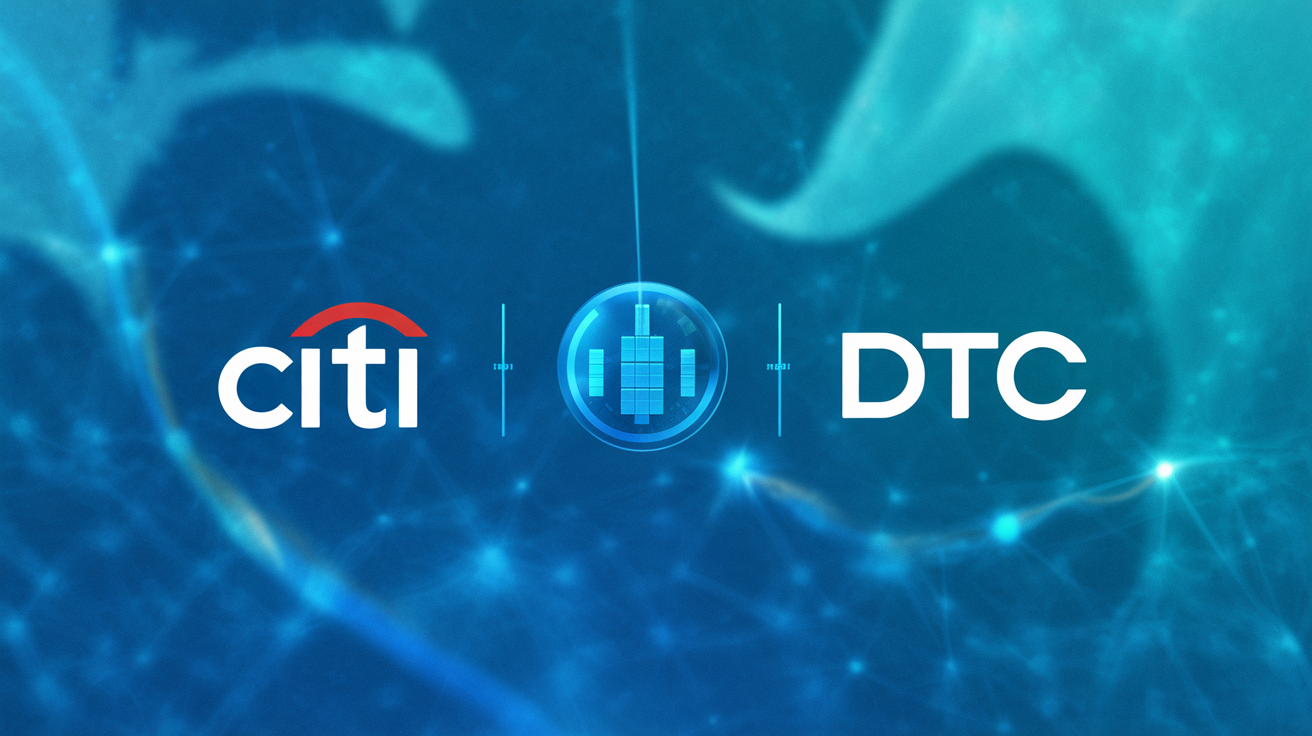Citi, DTCC Urge Regulators to Catch Up as Tokenized Collateral Moves Into Production
November 6, 2025
The era of tokenized collateral has arrived — but global regulations are struggling to keep pace, according to industry leaders from Citi, DTCC, and Taurus.
Speaking at Chainlink’s SmartCon 2025 conference in New York on Wednesday, the executives said that while tokenization technology has matured and proven effective in live environments, inconsistent legal frameworks remain the biggest obstacle to broader adoption.
Citi’s Ryan Rugg, global head of digital assets for Treasury and Trade Solutions, said the bank’s Citi Token Services platform is already processing billions in real client transactions across the U.S., U.K., Hong Kong, and Singapore. The system allows instant, on-chain settlement of cash for use cases including trade finance and capital markets.
“Clients are using it daily — not just off-hours or weekends,” Rugg said. “That shows this technology is ready for prime time.”
However, Rugg emphasized that expanding beyond current jurisdictions is slow because Citi must secure approval market by market. Harmonized rules are needed, she said, to realize the vision of a seamless, multi-bank, multi-asset settlement network.
DTCC’s Nadine Chakar echoed the sentiment, citing results from the firm’s ‘Great Collateral Experiment’, which successfully used tokenized Treasuries, equities, and money market funds as collateral across time zones and asset classes.
“Technology isn’t the barrier anymore,” Chakar said. “The challenge now is interoperability and enforceability across different legal systems.”
She noted that most institutions have built isolated tokenization frameworks with distinct smart contract models and legal assumptions, creating operational silos. DTCC is now working with SWIFT and global clearinghouses to establish shared standards and governance protocols to improve interoperability.
Taurus co-founder Lamine Brahimi pointed to Switzerland’s unified tokenization framework as an example of effective coordination between regulators and industry. Without similar harmonization globally, he warned, financial markets risk inefficiency, fragmentation, and compliance gaps.
Panelists agreed that wallet-based settlement systems could eventually operate alongside — and ultimately replace — traditional account-based infrastructure. But for now, legal certainty remains the gating factor.
“Digital assets move anywhere, anytime,” Chakar said. “Our rules, however, are still local — and that’s the real constraint.”





